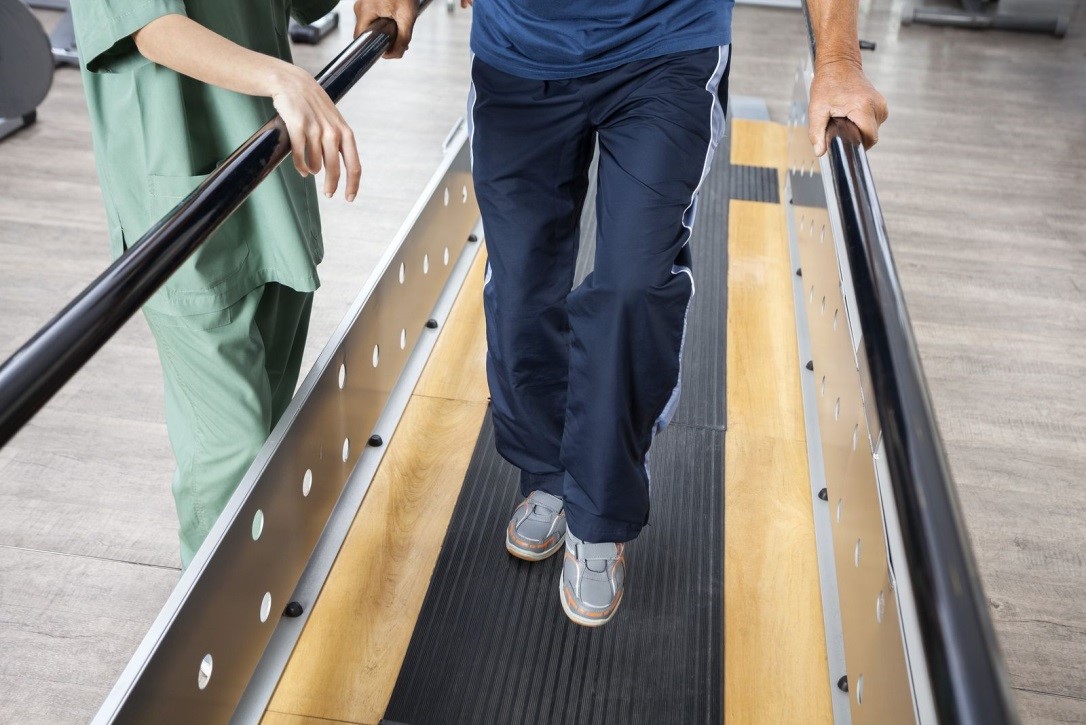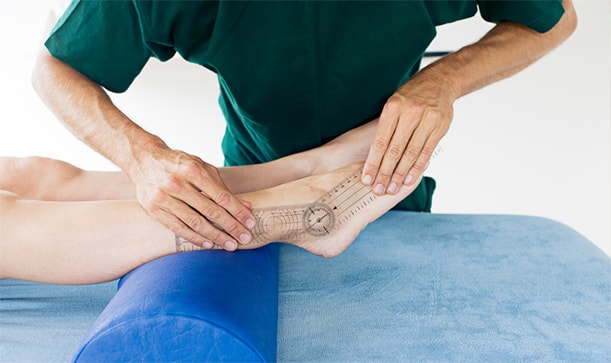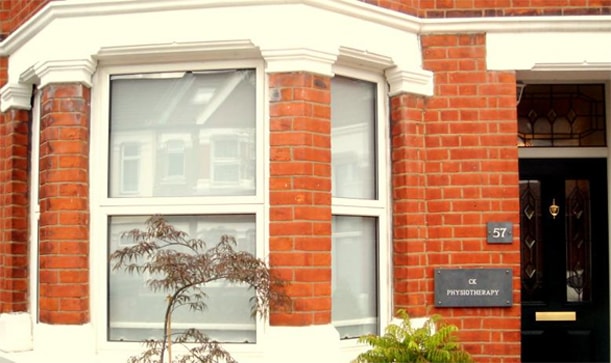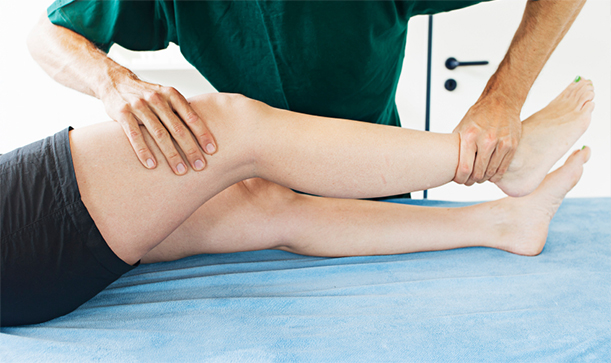CK Physiotherapy
AREAS COVERED
W7, W5, W13, Ealing, West London
57 Elthorne Avenue
Hanwell, W7 2JY
T: 020 8566 4113
M: 079 572 46185
E: info@ckphysio.co.uk
Location / Parking
We are situated in Hanwell, between Boston Manor Road and Northfields Avenue, south of the Uxbridge Road.57 Elthorne Avenue
Hanwell, W7 2JY
There are parking restrictions Mon - Fri 9-10am and 2-3pm. If you need a permit during this time please inform your therapist when you arrive. There are no parking restrictions at other times.
Opening Times
Please phone the number above during working hours to make an appointment. Our reception service will be happy to book your session.
London Underground / Bus Services
London Underground
10 min. walk from Boston Manor Tube Station.
15 min. walk from Northfields Tube Station.
Bus Service
E8, E3, E2, 207, 607, 83
Request Call Back
Our Blog
Physiotherapy Helps Stroke Survivors Attain Complete Rehabilitation
By: BryanKelly (Psst, View author in Google Plus) Date: May 12th, 2017Survivors of stroke can benefit significantly from accessing physiotherapy as it supports effective recovery.
Find Out How Physiotherapy Supports the Recovery of Stroke Survivors
Physiotherapy will help you improve movement and strength by learning how to use both sides of the body once more. Here’s how physiotherapy can help you recuperate from the effects of stroke and what treatment methods may be applied.

How Physiotherapy Supports Neuroplasticity
Stroke can affect either the right or left hemisphere of your brain. Right-hemisphere stroke can lead to left-sided paralysis or weakness, visual problems in the left eye, and memory problems. Left-hemisphere stroke can produce right-sided weakness or paralysis, speech problems, visual problems in the right eye, impaired mathematical or reasoning abilities, and memory deficits.
After a stroke, your brain cannot produce new cells to replace damaged ones, thus, your rehabilitation relies on developing the ability to reorganize the use of remaining neurons. Changing how your brain works is called neuroplasticity. Physiotherapists, together with other healthcare professionals, can offer a wide range of approaches that support neuroplasticity and recover from stroke.
Depending on your specific condition, physiotherapists can perform several important functions. Initially, they can advise proper sitting and lying positions as well as frequency of movement. Once you're ready to move again, they provide therapy for strengthening your limbs and teach you how to move with greater independence. Remember that, as soon as you can, you must be active again after a stroke as this is essential to your recovery. A physiotherapist will concentrate on avoiding complications and improving your ability to move and become active again.
How Physiotherapy Helps Stroke Survivors
Exercises
The most effective methods of physiotherapy are exercises and applying specific actions, according to the Stroke Association. For example, if you have problems moving your upper limb, physiotherapy may include constraint induced movement therapy. If you can't move one of your legs, treadmill training can also help. Furthermore, many stroke survivors suffer from weak limbs so their physiotherapy would incorporate strengthening exercises, as well as stretching exercises to develop stamina and avoid muscle and joint stiffness.
Equipment
Equipment may also be a necessary part of your rehabilitation program. For instance, you may use a walking frame and rollators to help you stand and walk. A wheelchair could also be necessary, but only as form of initial support until you’re strong enough to stand and practice walking again.
Being able to walk and move again after stroke can be achieved through the help of physiotherapy. Different therapeutic methods can boost your range of motion, strength, and endurance, as well as diminish joint pain and stiffness. Consult with an experienced physiotherapist to get you started with a comprehensive recovery program.
Sources:
“Physiotherapy after stroke,” Stroke.org.uk
“Stroke Recovery and Rehabilitation,” Everydayhealth.com





